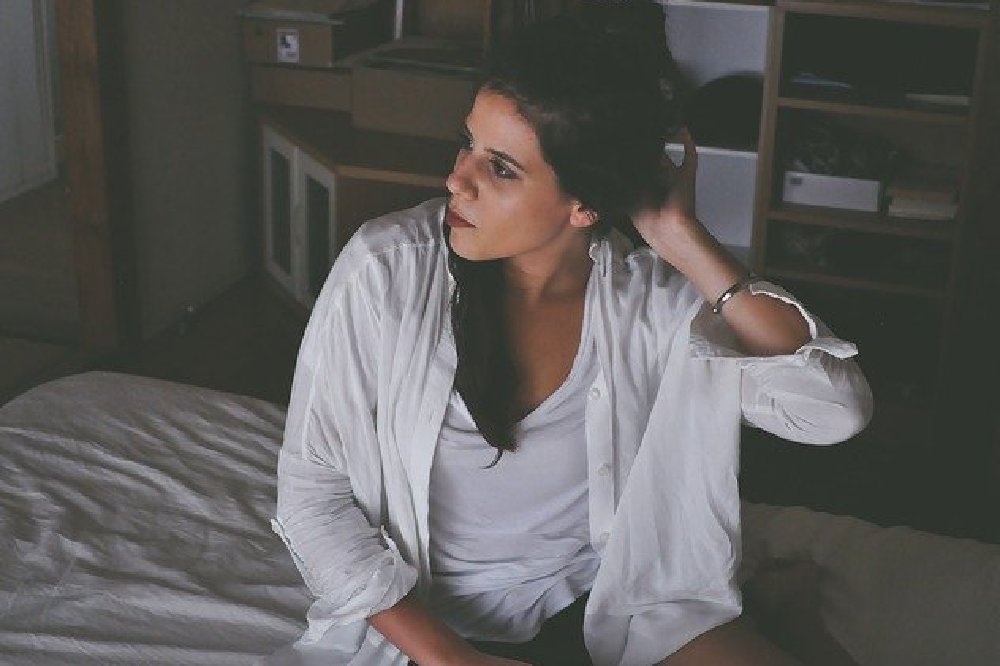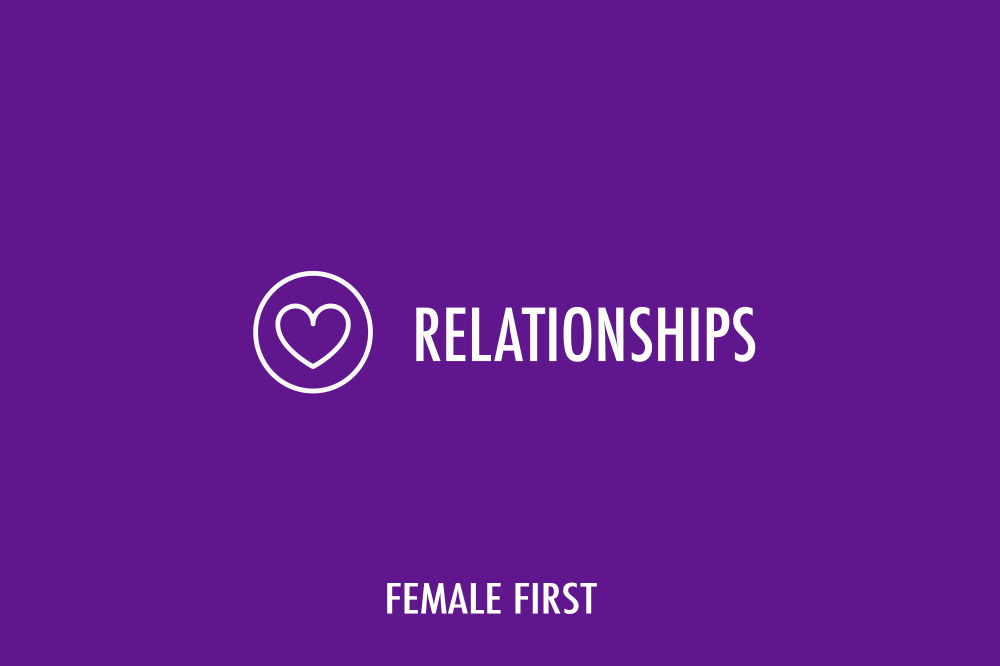By @GeorgeArkley1
I used to wake up most weekends with an overwhelming feeling of dread and disgust. Last night’s bottle of wine sat on my bedside table along with painkillers, a bottle of water and a note that read: You didn’t do anything wrong.

Image courtesy of Pixabay
My phone was switched off. I couldn’t bear to read the flurry of text messages narrating my embarrassing antics and sharp tongue from the night before. I ran over every single moment of the night and analysed it for what I could have said or done to upset someone. That’s the thing about anxiety, you’re often too concerned about other people’s feelings to realise, just how badly you feel about yourself.
I stumbled into brunch with a puffy face and the stench of cheap white wine on me. No matter how many times I showered or brushed my teeth, the taste of the night before would not leave me. There was a part of me that revelled in the hangover. The bad taste, racing heart, pounding head and shaky hands served as punishment for what I may have done the night before. On bad days, I would withhold my antidepressants from myself for an extra layer of distress.
Looking back, I was extremely unwell. I was using the very pills that made me feel better to self-harm. And then I would have two bottles of wine on a Friday to congratulate myself on making it through that week’s anxiety. In reality, the wine was making me increasingly anxious and if I had stopped drinking earlier, maybe I would not have needed the antidepressants.
Hangover anxiety, otherwise known as hangxiety, is a very real side effect of alcohol. Memory dips and blackouts were a weekly occurrence in the prime of my drinking days. What did I do the night before? What had I said? I would lose whole hours of the night and it would lead me into an overwhelming feeling of crisis.
There is a lot of science behind it as well. When you first start drinking, you feel relaxed and free from the stresses of the day because the GABA activity in your brain has increased. However, after a few more drinks you’re suddenly on top of the world because the alcohol is blocking glutamate. It all sounds great so far, right?
Until you wake up the next morning and your body is in overdrive trying to rectify the imbalance caused by alcohol. Your body is manically trying to minimise GABA levels and maximise glutamate while also dealing with noradrenaline. This makes you feel extremely anxious. Check out @sobergirlsociety on Instagram for more details on this.
So what can you do about hangxiety? The obvious one is to stop drinking. Unfortunately, this is a lot harder than it sounds for many people, including me. Although, there are ways to reduce anxiety while still having a drink with your friends. Here are a just a few:
· Limit how much you are drinking. Interchange soft drinks with alcoholic ones to slow down your alcohol intake. A good option is to drink alcohol-free beer instead of regular beer. Heineken 0.0 and AF Punk IPA from Brewdog are great options.
· Tell your friends about your anxiety. I found this one a little tricky as most of my loved ones responded with: “stop drinking.” Alcohol is tightly woven into the fabric of our culture and simply opting out of drinking is much more complex for some than others. However, once I explained my hangxiety to my friends, they started sending me kind messages after nights out. They would remind me that I did not do anything to upset them and I was perfectly fine all night. If I had said something silly, they would address it with me the next day and we would resolve it. For those of you who don’t suffer with anxiety, this may sound silly, but it was a lifesaver during my alcohol days.
· Learn about alcohol. It’s no secret that I was in denial about my reliance on alcohol for many years. Now, I have started reading books, listening to podcasts and following numerous social accounts on the ‘sober-curious’ movement. Learning about what alcohol does to your body and society’s unhealthy dependence on it, was life-changing for me. Instead of reaching for a drink, I reach for motivation to remain sober.
Alcohol is an addictive drug. There is no shame in admitting you may have a reliance on it. Many people do. You don’t have to be a full-blown alcoholic to decide sobriety is a healthier choice for you.
Personally, I was more than capable of staying sober throughout the week. But when the weekend rolled around and the prospect of bottomless brunch with the girls seemed daunting, instead of exciting, I knew something was wrong. Suddenly, the blissfulness of being drunk wasn’t worth the never-ending hangxiety, weight gain, low energy, shaky hands and depression.
So, I took a long hard look at my life and where it was going. I was living in a sad cycle of binge drinking at the weekend and feeling terribly anxious all week because of it. If I continued down the unhealthy path, my career, personal life and health would suffer. Suddenly, a glamourous Instagram photo with a glass of prosecco had a very high price. One that I am no longer willing to pay.
If you are struggling with alcoholism or anxiety please check out the links below.
RELATED: Pandating, mask-fishing and quaranteams: A definitive guide to dating in a pandemic
Nothing screams romance like the stench of hand sanitiser and Boris Johnson droning on in the background of your Zoom date. Then again, ‘date’ seems like a strong word for a buffering video call with a stranger in joggers and a nice top. In fact, many of the usual dating terms don’t quite fit these #unprecentedtimes... to read more click HERE

Tagged in Alcohol

